Lately, the headlines have been clear: President Donald Trump is headed for a showdown with the courts. If he ignores their rulings, the courts have few tools and limited power to make him comply.
But the real contest is not legal. It is political.
As a political scientist who studies presidential behavior and public responses to unilateral action, I have spent my career examining the boundaries of executive power.
Those limits, aimed at constraining the president, are set in law.
The Constitution outlines the powers of Congress and the president in articles 1 and 2. It formally gives Congress the power of the purse and requires the president to “take Care that the Laws be faithfully executed.”
Statutes dictate how agencies operate, how appointments are made and how funds must be spent. Courts interpret and enforce these rules.
These legal constraints reflect the founders’ concern with unchecked executive power. That concern is embedded in the country’s political origins – the Declaration of Independence was a direct rebuke to royal overreach.
But law alone has never been enough to prevent presidents from abusing their power. The law’s force depends on political will. Presidents often follow the law not simply because they must, but to avoid backlash from Congress, the media or the public.
What the United States is witnessing in 2025 is not just a president testing the system. It is a transformation of the presidency into a fully political institution. The president acts until political resistance becomes strong enough to stop him.
Testing the limits
These political constraints are informal and fluid.
They arise from public opinion, media scrutiny, pressure from party leaders and other elected officials, and the threat of electoral consequences. While legal rules rely on institutions, political limits depend on reputation, norms and the willingness of others to resist.
Trump’s presidency operates within this second framework. Legal boundaries are still present, but they are often treated by his administration as optional and without deference.
Trump, for example, has sidelined the Office of Legal Counsel, the executive branch’s source of legal guidance. His focus appears to be not on legality, process or constraint, but on headlines, polling and control of the narrative.
Courts still issue rulings, but their power depends on a broader political culture of compliance, and that culture is weakening.
Trump is not the first president to test the limits of authority. But the pace and scale of his defiance are without precedent. He appears to be betting that pushing boundaries will continue to pay off.
Lag between law and action
The legal challenges facing Trump are real.
In his first 100 days back in office, he took aggressive steps on federal spending, appointments to key executive branch positions, tariffs and deportations. Trump has announced he will not enforce legislation that the Supreme Court confirmed was constitutional. Many of these actions have already triggered legal challenges.
These are not isolated incidents. Taken together, they reveal a broader pattern.
Trump appears to treat legal rules not as limits but as obstacles to be negotiated or ignored. One recent scholarly paper has described Trump’s approach as “legalistic noncompliance,” where the administration uses the language of law to give the appearance of compliance while defying the substance of court orders.
The executive branch can move quickly. Courts cannot. This structural mismatch gives Trump a significant advantage. By the time a ruling is issued, the political context may have changed or public attention may have moved on.
Judges have begun to notice. In recent weeks, courts have flagged not only legal violations but also clear signs of intentional defiance.
Still, enforcement is slow, and Trump continues to behave as though court rulings are little more than political talking points.
Politics the only real check
Trump is not guided by precedent or legal tradition. If there is a limit on presidential power, it is political. And even that constraint is fragile.
In a February 2025 national survey by the Weidenbaum Center, a research institute that I head at Washington University, just 21% of Americans said the president should be able to enact major policy without Congress. The public does not support unchecked presidential power: A further 25% of respondents, including more than one-third of Republicans, neither agreed nor disagreed that a president should have this type of unchecked power. Of those with an opinion, a solid 72% of Americans oppose unilateral presidential action, including 90% of Democrats, 76% of independents and 42% of Republicans.
These findings align with nine earlier national surveys conducted during the Obama and Trump administrations. Jon Rogowski and I report these results in our book, “No Blank Check.”
But one important shift stands out in the recent survey. Support for unilateral executive action among the two-thirds of Republicans who expressed an opinion has reached an all-time high, with 58% of them endorsing presidential action without Congress. That is more than 16 points higher than in any previous wave.
Despite that rise in partisan support, Trump’s broader political position remains weak.
His approval ratings remain underwater. His policies on tariffs and federal spending cuts are unpopular. Consumer confidence is falling.
Congressional Republicans continue to offer public support, but many are watching their own polling numbers closely as the midterms approach.
If the economy falters and public opinion turns more sharply against the president, political resistance could grow. I believe that’s when legal rules may begin to matter again – not because they carry new force, but because violating them would carry higher political costs.
Real test still ahead
So far, no judge has held the Trump administration in contempt of court. But the signs of erosion are unmistakable. Trump recently accused the Supreme Court of “not allowing me to do what I was elected to do” after it temporarily blocked his administration’s effort to deport migrants with alleged ties to Venezuelan gangs. Treating the judiciary as just another political adversary and ignoring its rulings risks an even deeper constitutional crisis.
The most meaningful check on presidential power will be political.
Courts rely on the broader political system for enforcement. That support can take many forms: elected officials speaking out in defense of the rule of law; Congress using its oversight and funding powers to uphold court rulings; bureaucrats refusing to implement unlawful directives; and a press and public that demand compliance. Without that support, even the clearest legal decisions may be ignored.
The legal fights unfolding today are serious and must be watched closely. But Trump is not focused on the courts. He is focused on politics – on how far he can go, and whether anyone will make him stop.

 German (DE)
German (DE)  English (US)
English (US)  Spanish (ES)
Spanish (ES)  French (FR)
French (FR)  Hindi (IN)
Hindi (IN)  Italian (IT)
Italian (IT)  Russian (RU)
Russian (RU)  2 weeks ago
2 weeks ago





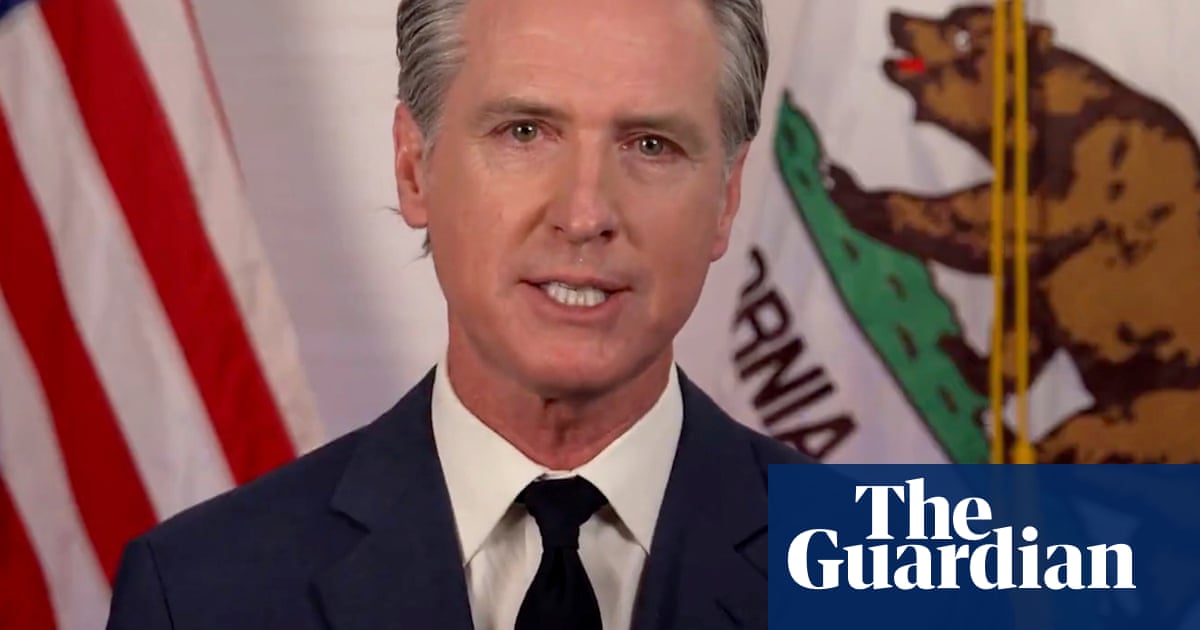




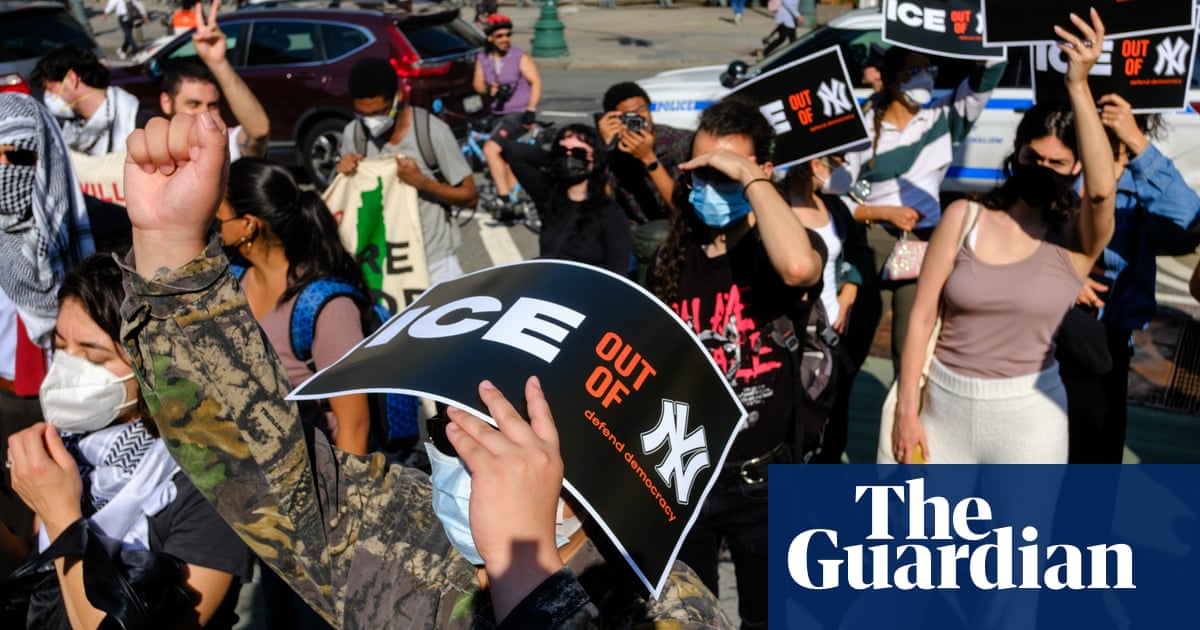



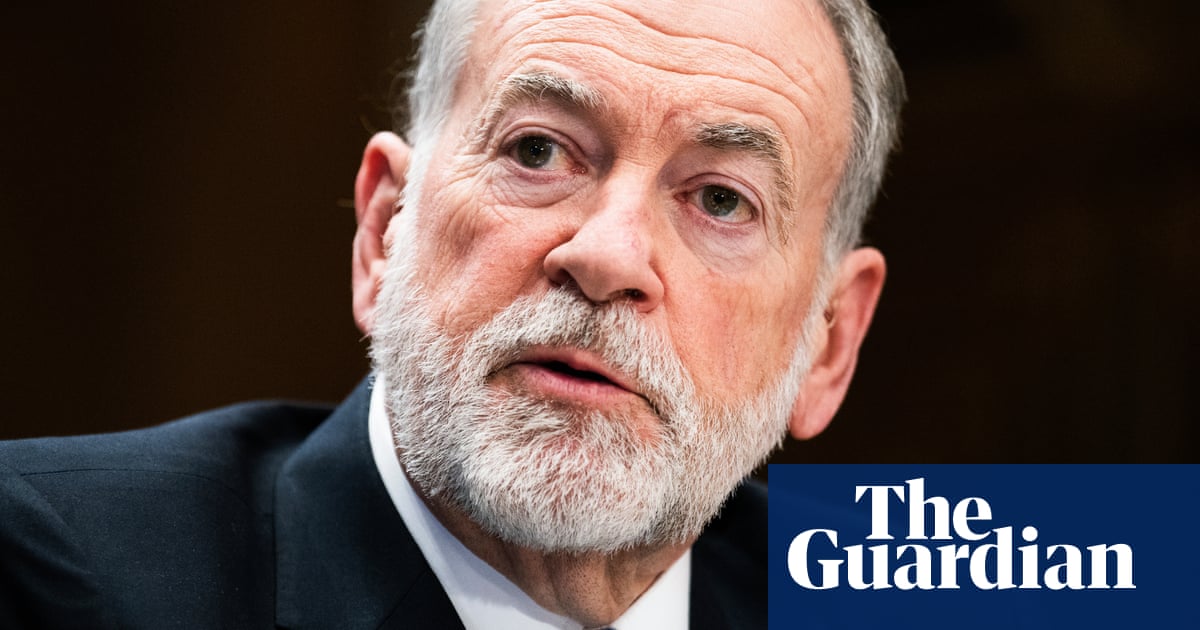




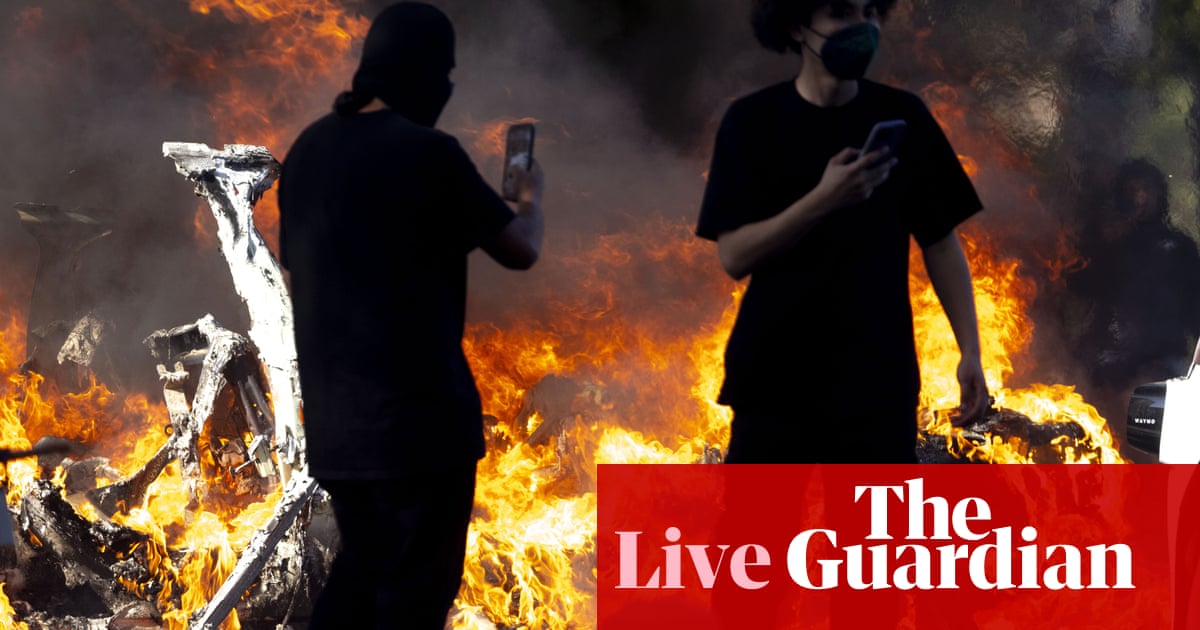
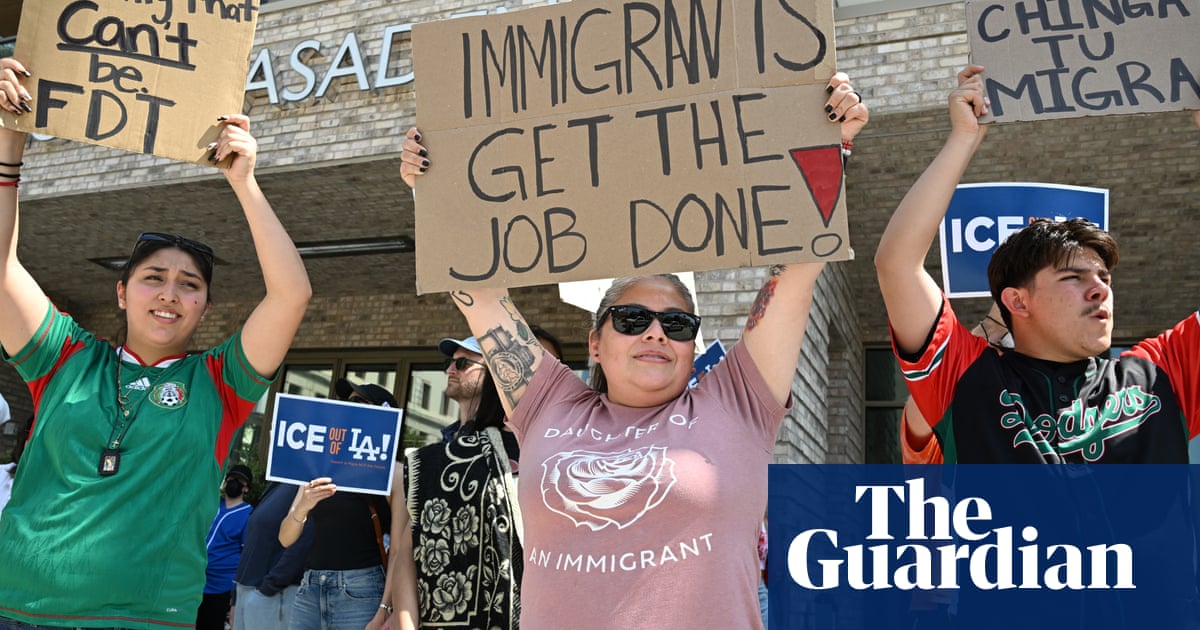



Comments